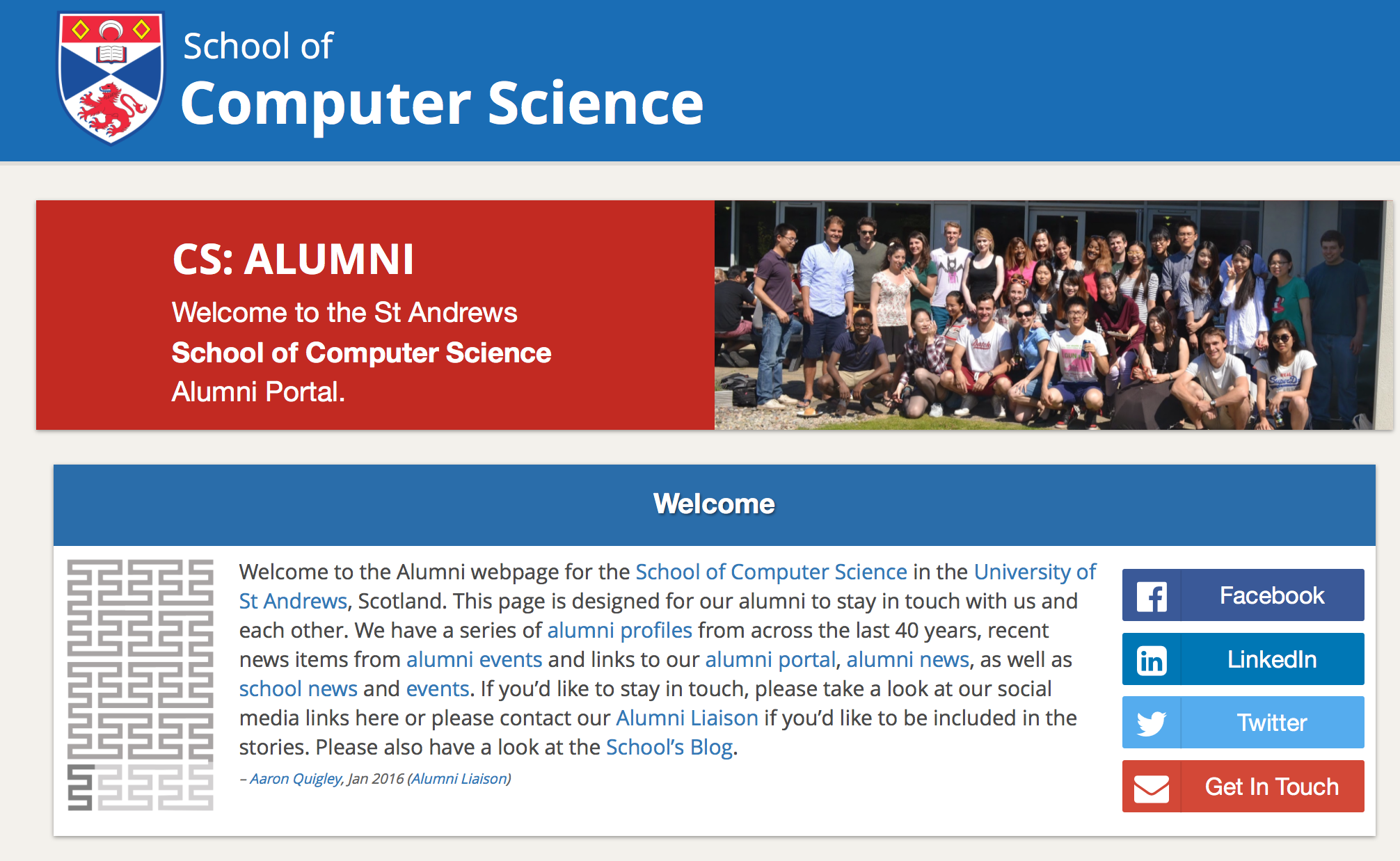Spot the difference?
Do you have a discerning eye for video? If so, we need your help as a volunteer in our study! Volunteers will be asked to watch 7 video clips of 10 seconds each. Each clip will be viewed 3 times, and then again at a different distance. After each video clip, you will choose which clip (if any) you perceived … Spot the difference?
